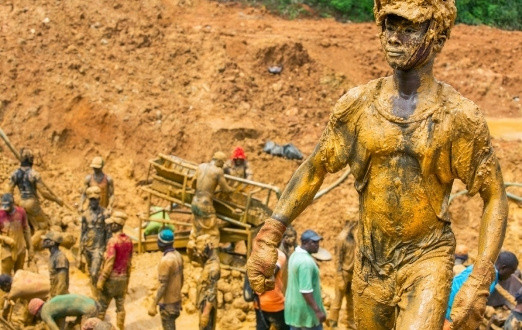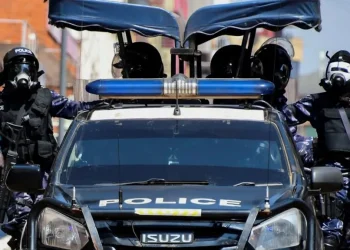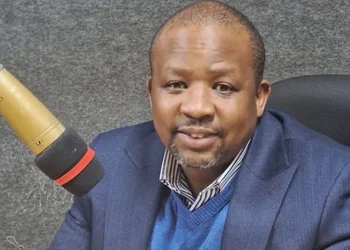Galamsey, the illegal small-scale gold mining that has plagued Ghana for years, is an issue that has far-reaching consequences for the nation. It’s a problem that stretches from environmental degradation to social instability and beyond. While there have been concerted efforts by the government to combat this menace, one crucial aspect remains inadequately addressed, the financiers behind galamsey.
The reasons behind this oversight are numerous and complex, but it’s high time we acknowledge that targeting the financiers is not just a necessary step but an ethical obligation. The government, along with all stakeholders must put sustainable measures in place to apprehend those who bankroll this illicit industry.
First and foremost, the informal nature of galamsey has allowed financiers to remain in the shadows, far removed from the immediate consequences of their actions. The decentralized structure of these illegal mining operations often obscures the flow of funds, making it challenging for authorities to trace the money back to its source. In this environment, financiers can quietly profit from the exploitation of Ghana’s natural resources without facing any real consequences.
Moreover, corruption and collusion with local officials and law enforcement agencies have been reported in connection with galamsey activities. Such corruption further shields the financiers from accountability. In order to address this issue, the government must undertake a comprehensive cleansing of its own ranks, ensuring that those tasked with enforcing the law are not complicit in the very crimes they are meant to prevent.
In an alarming expose by one of Ghana’s leading investigative journalists, Anas Aremeyaw, the rot within the system was laid bare. In 2019, the former presidential staffer and Secretary to the erstwhile Inter-Ministerial Committee Against Illegal Mining (IMCAIM), Mr. Charles Bissue, was caught on tape receiving money from individuals to expedite their acquisition of mining licenses, among other immoral activities. This revelation sent shockwaves through the nation but exposed just the tip of the iceberg.
To make matters worse, the fight against Galamsey has progressed at a tortoise pace, causing permanent damage to our environment. The President, in a resolute tone, pledged to put his presidency on the line to eliminate this scourge. However, despite these bold declarations, the battle rages on, with illegal mining activities continuing to wreak havoc on Ghana’s precious ecosystems.
Security personnel, including members of the Ghana Armed Forces and Ghana Police Service, were also exposed in the investigative documentary, caught red-handed accepting bribes from illegal miners. These individuals, who should be guardians of justice, have been compromised, further emboldening the financiers.
The saga of the missing 500 excavators, which were seized from illegal miners across the country, only adds to the bleak picture. Under the inter-ministerial task force against Galamsey, these excavators mysteriously vanished, casting doubt on the government’s resolve to tackle the issue at its roots.
It is crucial to recognize that while galamsey might bring short-term economic benefits to some communities, its long-term consequences are devastating. Environmental degradation, water pollution, and deforestation are just a few of the issues that plague Ghana due to this illegal industry.
The menace has left an indelible mark on Ghana’s waterbodies, such as the River Ankobra and Pra, and has decimated vast areas of the country’s vegetative cover.
The livelihoods of many Ghanaians are at stake as their land becomes increasingly uninhabitable.
While illegal miners are continuously arrested by security personnel and subsequently prosecuted, they are mere pawns in the grand scheme of things. It’s clear that a well-funded cartel is pulling the strings behind the scenes, orchestrating this environmental looting for their own gain.
In conclusion, the fight against galamsey in Ghana cannot be won without a concerted effort to apprehend the financiers who perpetuate this illicit industry. Sustainable measures must be put in place to bring these individuals to justice. This will not only serve as a deterrent to others but also send a clear message that the government is committed to protecting the environment, the people, and the nation’s future. It’s time to take the battle against galamsey to the next level by targeting those who fund this destructive trade. The time for action is now, and the future of Ghana depends on it.
















